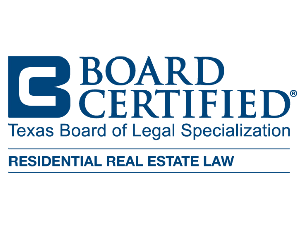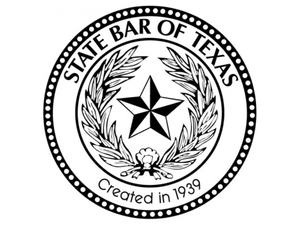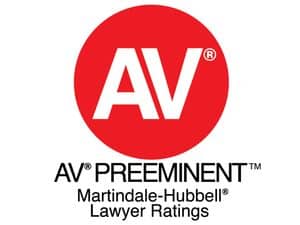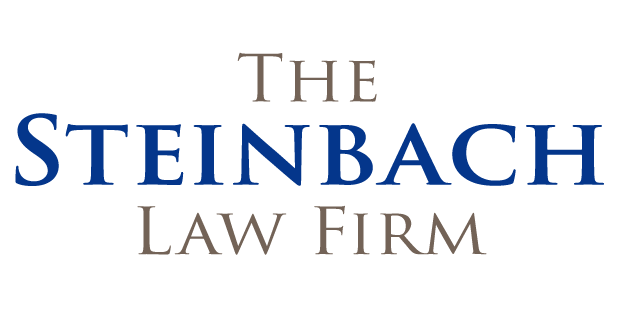The Steinbach Law Firm
Real Estate Law For Current or Prospective Property Owners
The Steinbach Law Firm
Real Estate Law For Current or Prospective Property Owners





A Texas Real Estate Law Firm
The Steinbach Law Firm, P.C., founded in 1968, provides the power and knowledge of big law firm service with the personalized touch of a highly individualized and customized Texas Real Estate Law Firm.
We provide legal support for current or prospective real estate owners, entrepreneurs, professionals, and corporations.
For all matters of real estate law, business planning and personal asset protection, our law firm is committed to providing you with the best legal counsel at affordable and common-sense rates.

Real Estate Law
We prepare all documents needed for any real estate transaction in Texas.
Property Deeds, Seller Finance, Affidavits of Heirship, Lien Releases and more.
Business Entities
We can advise on the selection of business structures available to you and help form your new entity.
In most cases the Texas Limited Liability Company owned by a Spendthrift Trust is recommended.
Wills and Trusts
We prepare Wills and Trusts.
These are the two most common estate planning tools used in Texas.
We may also recommend the use of a Survivorship Agreement, Transfer of Death Deed or Lady Bird Deed to avoid the cost of probate.
FLAT RATE FEES FOR LEGAL DOCUMENTs
For Real Estate Law In Texas


The Steinbach Law Firm, P.C. provides services for Texas Real Estate Law, business planning, and personal asset protection matters.
For the legal needs of individuals and businesses, our law firm is committed to providing you with the best legal counsel at affordable, common-sense rates.
Speak directly with attorney Scott Steinbach at 972-960-1850 for a free consultation. Or email questions to scott@steinbachlaw.com.
Scott Steinbach is AV Preeminent rated by Martindale-Hubbell. Peer rated for Highest Level of Professional Excellence.
